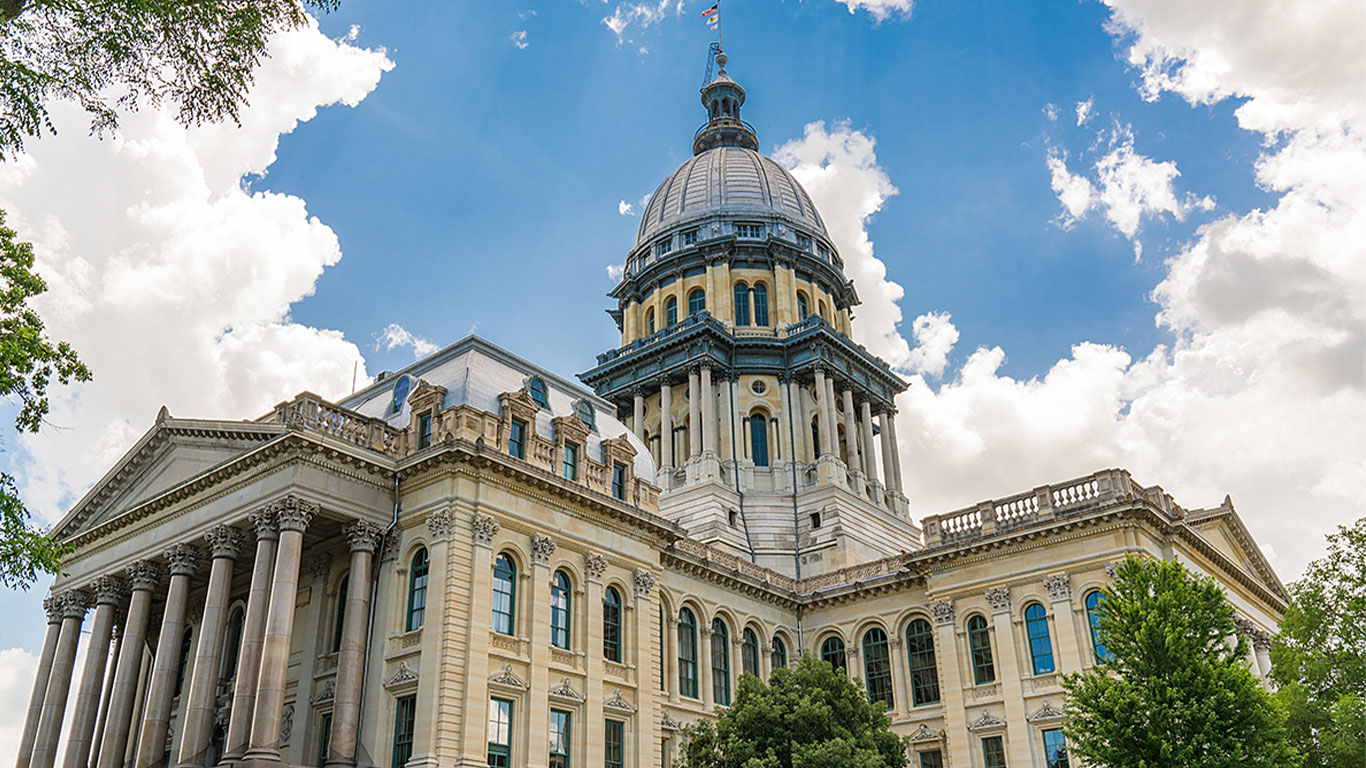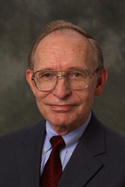
(Shutterstock photo)
July 26, 2022
Traditional Labor Day kickoff to fall political campaigns now ‘obsolete,’ says SIU prof
 CARBONDALE, Ill. — The tradition of Labor Day as the kickoff for the November general election is now “obsolete,” according to John Jackson, a visiting professor with Southern Illinois University Carbondale’s Paul Simon Public Policy Institute.
CARBONDALE, Ill. — The tradition of Labor Day as the kickoff for the November general election is now “obsolete,” according to John Jackson, a visiting professor with Southern Illinois University Carbondale’s Paul Simon Public Policy Institute.
Illinois’ necessity to wait for 2020 Census data to draw legislative districts prompted the move from the traditional March primary to June 28. Jackson noted that the general election campaign actually began during the primary season in the race for governor between incumbent Democrat JB Pritzker and the Republican nominee, State Sen. Darren Bailey, R-Louisville, “as both attacked each other regularly in television ads and on the social media.”
And while the fall campaign already is on, Jackson expects the number and volume of paid media advertising “may dial down a bit in the next month or so” but will intensify once more as the Nov. 8 general election approaches.
No moving to the political middle
The state’s late primary leaves little room for candidates to modify their basic message or image now, Jackson said.
Pritzker, Jackson said, will run on his record and has an “image and record to defend, and those are pretty much fixed.”
Bailey, meanwhile, also has established his image and issue positions with the media and Republican base who elected him following a six-candidate primary.
“Neither will let him move toward the middle, which is the typical tactical move after the primary particularly if you ran from the extreme side of the political range as Bailey did,” Jackson said. “He may slightly alter some of his message, such as say fewer harsh things about Chicago, but not move toward the middle.”
Grassroots political funding declines
Jackson said grassroots funding by the political party organizations has declined significantly in Illinois since 2014 when then Gov. Bruce Rauner self-funded his campaign and the Republican Party the next few years.
Pritzker matched Rauner in the 2018 campaign and continues to self-finance his campaign generously this year, Jackson said, noting the 2022 gubernatorial race has been called “the battle of the billionaires.”
He noted hedge fund manager Kenneth Griffin poured more than $50 million into Aurora Mayor Richard Irvin’s Republican gubernatorial bid, and conservative businessman Richard Uihlein largely funded Bailey’s primary campaign. Jackson said the only question is whether Uihlein will continue to fund Bailey’s campaign this fall and whether other rich donors come forward.
“Bailey will get some grassroots Republican support, but it probably won't be the major source of his funding, just as it wasn't in the primary,” he said.
